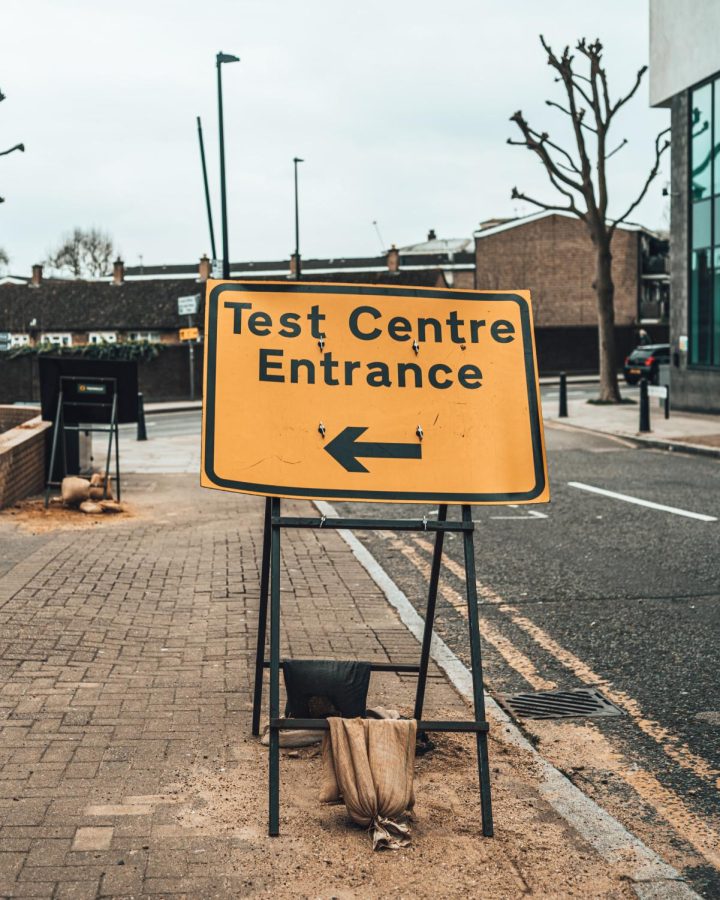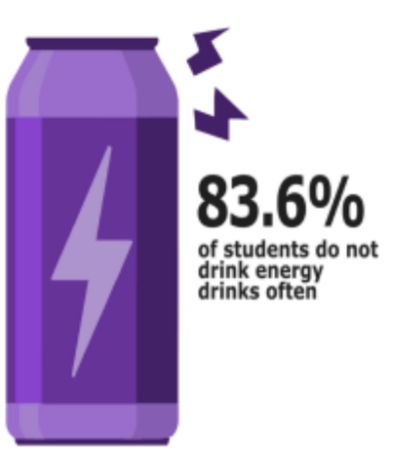Test-optional colleges creates stress for students
UNSPLASH PHOTO COURTESY OF Joshua Lawrence
Many students struggle to achieve their SAT/ACT scores which has started to induce stress as to the options of colleges they are able to go to. https://unsplash.com/license
November 24, 2022
High school students have not been receiving perfect scores on the SAT or ACT, raising questions on whether aptitude tests are really necessary .
Based on a scale of 1600 points and 36 points, the SAT (Scholastic Aptitude Test) and ACT (American College Test) are exams administered to high school students to measure what they have learned and what they are capable of learning.
Prior to the COVID-19 pandemic, 95% of colleges required SAT and ACT scores according to US News and World Report. However, since the pandemic halted testing opportunities, many colleges have abolished standardized testing.
According to The National Center for Fair and Open Testing, more than 1,800 four-year universities and colleges have made submitting scores optional for Fall 2023 applicants.
For some schools, this decision to do away with the mandatory score submission started prior to the COVID-19 pandemic, with arguments stating that the test is less about intelligence and more about how well students can be prepared for the tests. Therefore, it ultimately hurts minority applicants – specifically African American and Hispanic students – who can not afford prep programs.
The Official College Board 2021 SAT Annual Report stated that only 46% of African American students and 52% of Hispanic students met the benchmark in comparison to the 80% of white students who did. This disparity is not the only reason for which colleges and students have deemed the SAT/ACT not necessary. For instance, junior Garrett Stemetzki of Wall believes that the standardized tests are not a practical way to determine one’s intelligence, as instead it measures test-taking abilities.
“The SAT only reflects if you can answer questions based on how CollegeBoard wants you to,” Stemetzki said.
Many high-achieving high school students run into roadblocks when it comes to taking either the SAT or ACT. The standardized tests are set up in a different manner than some students are used to seeing. Topics in schools are usually taught separately and students are tested on the individual chapters, whereas when they take the SAT/ACT, all topics are mixed together and mostly from eighth or ninth grade.
The Princeton Review stated the reason students drop major points on the SAT and ACT is because, “they do not choose the most efficient method to solve a question, they misunderstand the question, and they waste time trying to memorize everything.”
The Princeton Review offers an intense prep course that guarantees a score of 1400 or more. The course is more than 35 hours and costs over $1,000, limiting the chance for busy and low-income students to get a better method for taking the standardized tests.
Additionally, standardized tests force students to perform under extreme pressure that results in high levels of anxiety. This anxiety is also prevalent while preparing and studying for the test.
The National Library of Medicine reported that approximately 25% to 40% of students suffer from test anxiety. Many students experience the effects of test anxiety while taking the SAT and ACT, such as blanking, having a fear of failure, inability to concentrate and feeling physically ill.
Junior Andrew Seckular of Middletown expresses the challenges that come with juggling school and SAT prep.
“I go three days a week for three hours and I get large sets of homework that I have to do in two nights,” Seckular said. “It just makes it seem not worth it.”
The SAT and ACT are evidence of an unfair society. The scores that the tests produce don’t fully express how well the regular student does in school, so it should not dim their chances of being accepted into a top-30 school.
Guidance counselor Melanie Sambataro emphasizes that the SAT should not make or break a student’s future.
“It should not be the be all or end all if someone gets into schools. It is one day worth of testing, and just because someone isn’t a good test taker does not mean they are not intelligent,” Sambartaro said.
















